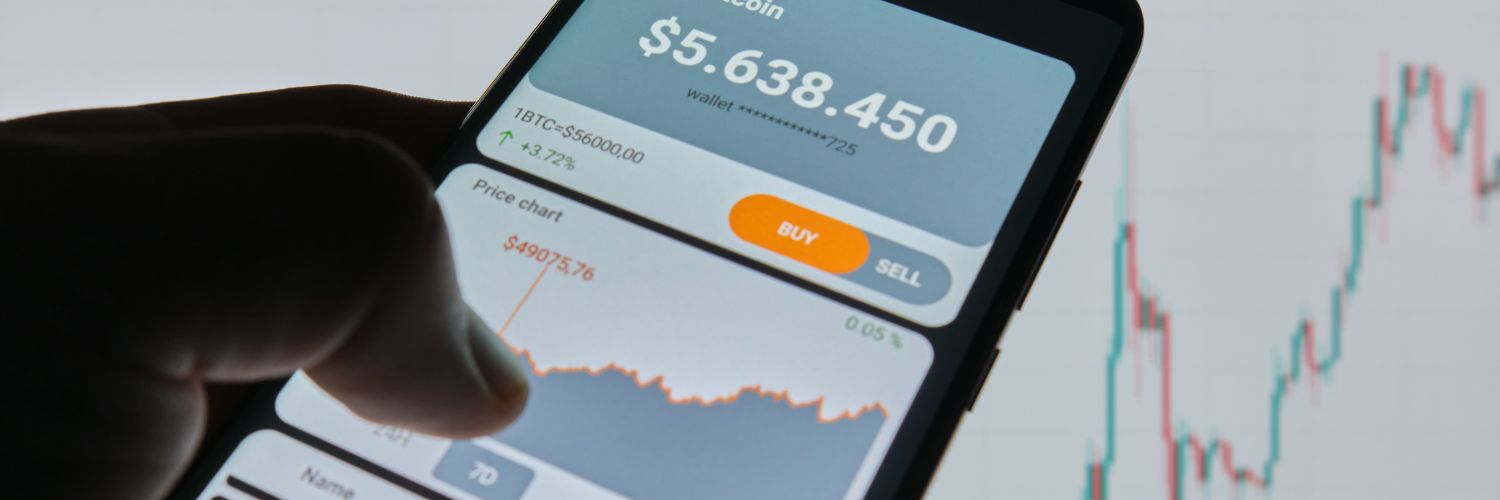The Argentine Central Bank (BCRA) orders digital wallets to distribute earnings from deposits.

A new regulation issued by the Central Bank of the Argentine Republic (BCRA) has introduced significant changes for payment service providers and digital wallets operating in the country.
Communication “A” 7825, published on Thursday, August 24, 2023, establishes that digital wallets must distribute to their clients the earnings generated from their deposits—even if the clients choose not to invest those funds.
Until now, funds held in digital wallets did not yield any return for users and remained essentially inactive. According to official estimates from the BCRA, balances in such accounts amount to ARS 121 billion. The new regulation will directly impact these funds, prompting major changes for both users and payment service providers.
Historically, digital wallets (PSPCPs) offered clients the option to invest their wallet balances in money market funds, generating daily returns credited to their accounts. This created a significant advantage over traditional banks, which typically did not remunerate savings account holders for deposited funds.
However, under the new BCRA regulation, PSPCPs are now required to remunerate clients for all funds deposited in digital wallets, regardless of whether users choose to invest them. This measure aims to level the playing field and ensure that savers receive a fair return on their deposits.
The BCRA’s official statement clearly outlines the new obligation: “Payment service providers offering payment accounts (commonly referred to as digital wallets) must transfer to their clients the full earnings received on the peso balances held in deposit accounts at financial institutions where those funds are placed.”
This regulatory change is part of a broader series of measures recently adopted by the BCRA affecting the fintech sector. In December 2021, the BCRA required digital wallets to maintain 100% of deposited funds in demand accounts at the BCRA, significantly limiting their ability to invest those funds.
In September 2022, however, these companies were allowed to allocate up to 45% of the funds held at the BCRA to Treasury bonds in pesos, aiming to boost demand for those securities.
The new regulation also brings clarity, confirming that prior to its issuance, there was no rule requiring PSPCPs to pay any form of interest. Thus, this constitutes a new obligation, applicable from August 24, 2023, and not retroactively. Until that date, PSPCPs were under no legal obligation to pay interest to account holders.
In summary, the BCRA’s new regulation seeks to ensure that digital wallet users receive a return on their peso deposits, marking a significant shift in the financial dynamics of Argentina’s fintech sector and likely affecting its competitive landscape with traditional banking institutions.
